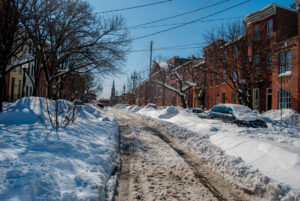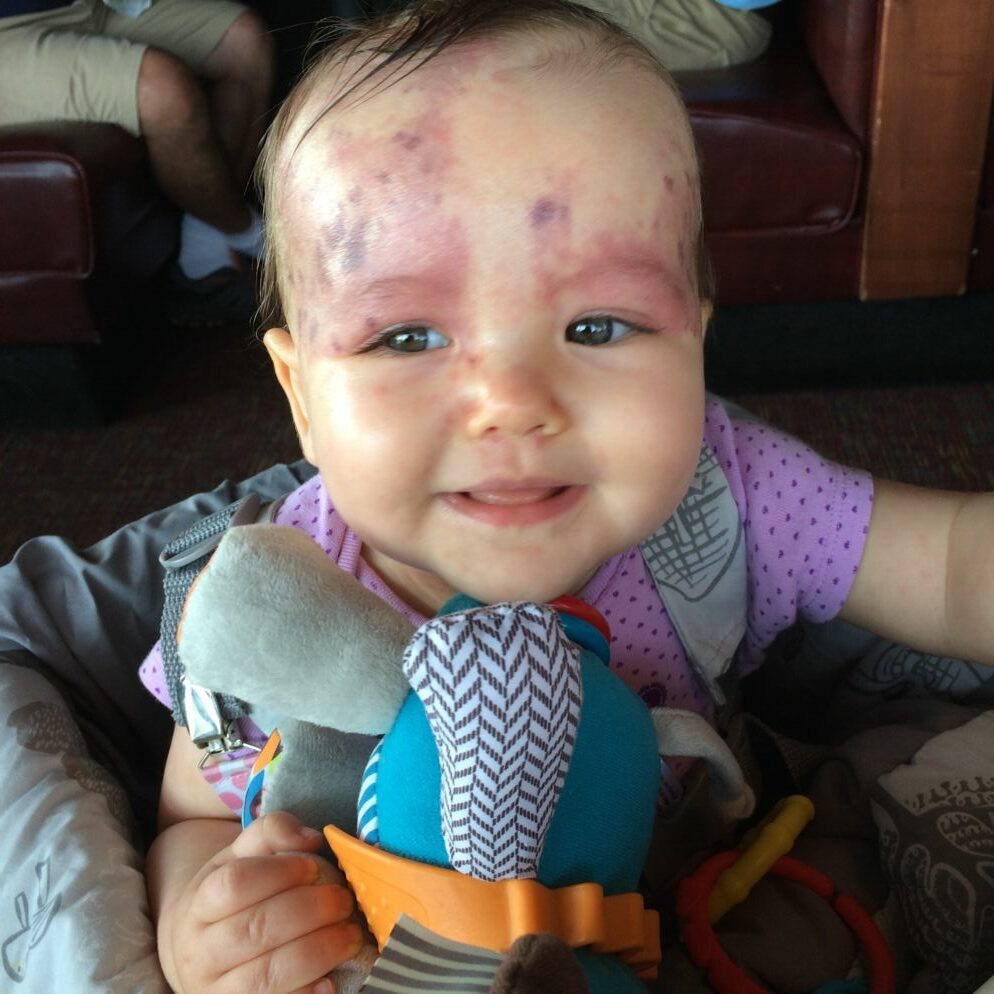 When a major storm strikes, it can leave a trail of devastation and danger behind. Just look at Hurricane Matthew last month. Volatile weather is common when seasons change, so it’s the perfect time to take stock of your emergency resources.
When a major storm strikes, it can leave a trail of devastation and danger behind. Just look at Hurricane Matthew last month. Volatile weather is common when seasons change, so it’s the perfect time to take stock of your emergency resources.
Being on the coast, Maryland is no stranger to severe weather—from flooding to major snowstorms. If this winter shapes up to be anything like the last one, it wouldn’t hurt to be ready for Snowpocalypse 2.0.
One of the most common problems after major storms are power outages. In the aftermath, it can take days or weeks to fully restore power. Without power, you lose easy access to important news and weather updates on the radio or TV. In addition, sustained power outages can cause a food supply shortage due to loss of refrigeration, and you can expect to be without lights at night or hot water for showers and cleaning. One emergency resource to consider is having a portable generator for backup power.
That’s just one example. The Maryland Emergency Management Agency has some tips for emergencies, as well as recommendations for what should be in every family’s emergency supply kit.
Talking about emergencies before they happen, and having a plan, will help keep everyone calm and organized if there ever comes a time you need to implement that plan. According to MEMA, kids feed off how the adults around them are feeling, so being prepared will go a long way in making everyone feel safer.
For emergency preparedness for you and your family, keep in mind these tips:
- Create a family communications plan: Where should you all meet? Who is in charge of what?
- Store a three-day supply of water (recommended: one gallon per person per day) and non-perishable food that would require little to no cooking.
- Build a first-aid kit with things like bandages, soap, scissors, antiseptic, aspirin, thermometer, etc.
- Never run a portable generator indoors, in areas such as garages, basements, crawl spaces, breezeways, sheds or other partially enclosed spaces.
- Put together important supplies and tools like a battery-operated radio, flashlight, extra batteries, utility knife, tape, signal flare, paper maps, toilet paper, sleeping bags or blankets, etc.
- Have a change of clothes available, along with severe weather gear (winter jackets, rain boots, etc.).
- Make sure to plan for anyone in the family who has special needs, like infants or people with conditions that require medication.
- Know how to access important family documents like bank account numbers, insurance poliicies, passports, birth certificates and credit card numbers.
Now is the time to educate yourself and your family on what to do in an emergency. The more you plan ahead, the better off you’ll be if severe weather strikes.
For more information and complete guides to building emergency kits, go to mema.maryland.gov.








